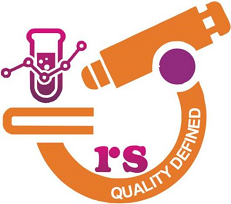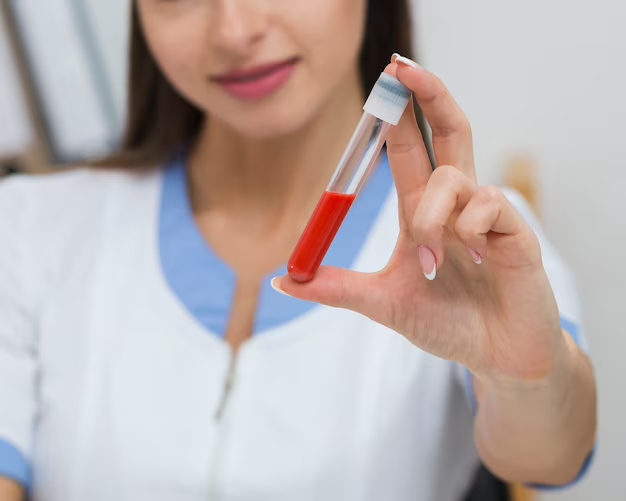Phone : +918147282686
DIAGNOSTIC CENTRE NEAR ME
R S Diagnostic centers offer a range of medical services for diagnostic purposes. Common services include:
1. Blood Tests: Comprehensive analysis of blood components, including cholesterol levels, blood cell counts, and specific markers for various health conditions.
2. Imaging Services: X-rays, CT scans, MRIs, and ultrasounds to visualize internal structures and identify abnormalities.
3. Pathology Tests: Examination of tissues, cells, and bodily fluids to diagnose diseases and conditions.
4. Electrocardiograms (ECG or EKG): Monitoring and recording the electrical activity of the heart to assess heart health.
5. Endoscopy: A procedure using a flexible tube with a light and camera to examine the digestive tract or other internal organs.
6. Pulmonary Function Tests: Assessing lung function and capacity to diagnose respiratory conditions.
7. Allergy Testing: Identifying allergies through skin tests or blood tests.
8. Health Check-ups: Comprehensive packages for routine health assessments, often including blood pressure, cholesterol, and diabetes screenings.
9. Genetic Testing: Analyzing DNA to identify genetic predispositions or susceptibility to certain conditions.
10. Urine Analysis: Examining urine for signs of various conditions, such as kidney disease or urinary tract infections.
11. Hormone Tests: Assessing hormone levels in the body, which can provide insights into various health issues.
When utilizing diagnostic center services, it’s important to consult with healthcare professionals who can interpret results and guide appropriate follow-up actions based on individual health needs.
Tag
CHEST CONGESTIONPATHOLOGY SERVICES IN YELAHANKADISGNOSTIC SERVICES NEAR YELAHANKADIAGNOSTIC SERVICES IN YELAHANKAEnquiry
Get in touch
R S DIAGNOSTIC CENTRE.All Rights Reserved © 2026








